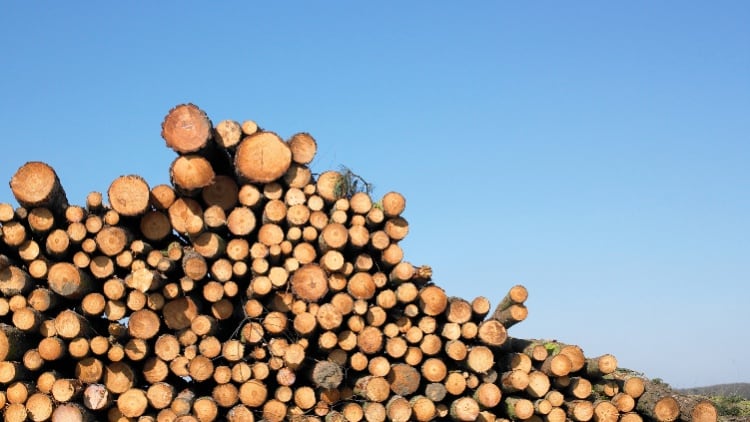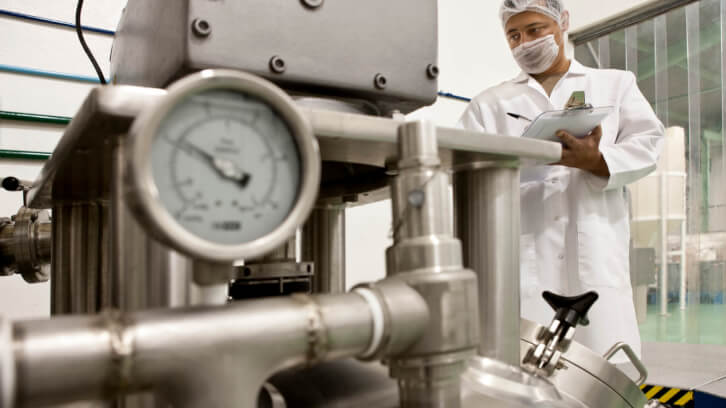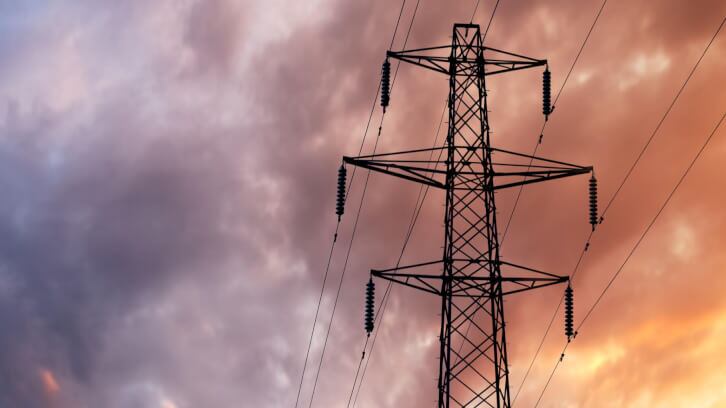Environmentalist activists’ worse fears became a reality when President von der Leyen failed to mention a few key sustainability initiatives during the recent State of the Union address, while making a few nods to industry’s demands to be more actively included in policy discussions.
Progress check on sustainable initiatives for EU
Over the past three years, the European Commission has worked on a series of highly ambitious policy initiatives to bring sustainability into every step of the food chain. Launched as part of the EU Green Deal and the Farm to Fork Strategy, these proposals are meant to introduce important obligations for the food industry, from the composition and marketing to the packaging of food products.
Substantial progress has been made on a few of these, such as the Directive on empowering consumers for the green transition, which aspires to protect consumers and the environment against greenwashing practices, and which final text was agreed by all European institutions on 19 September.
The revision of the Waste Framework Directive, meanwhile, is supposed to improve the efficiency of the food systems by introducing legally binding food waste reduction targets for EU Member States while giving them flexibility on how to achieve them. The Packaging and Packaging Waste Regulation (PPWR), a highly contentious file, is expected to introduce harmonised rules to reduce, reuse and recycle packaging waste, including ambitious targets for the industry to create a circular economy through stringent packaging design rules and the removal of unnecessary packaging. Although a final agreement on the proposal is expected before the 2024 elections, it is likely that the final text will be watered down after heavy pressures from the packaging industry.
Finally, negotiation on the Corporate Sustainability Due Diligence Directive, which will require large companies with a significant turnover in the EU to identify, monitor and prevent negative human rights and environmental impacts within their own operations, are set to continue into the autumn, with some important issues as civil liability provisions are having to be agreed before a final text can be approved.
Other files, however, have been repeatedly delayed, including the Framework for Sustainable Food Systems (FSFS) and the setting of front-of-pack nutrition labelling (FOPNL). Since it was announced in May 2020, the introduction of mandatory, harmonised FOPNL has been perhaps the most controversial file within the Farm to Fork Strategy. Culinary traditions among Member States and disagreements on what makes a food product ‘unhealthy’ have shaped the heated debates around this file. This has resulted in the Commission withholding the release of its final proposal, possibly for fear it might be rejected or amended beyond recognition by the European Parliament and Council.
The FSFS meanwhile was perhaps the most ambitious among the measures announced as part of the Farm to Fork Strategy as it was meant to integrate sustainability across the food chain. The Commission, however, seems to have hit a wall as to how to take it forward successfully. There were already concerns about the feasibility of such a proposal and what it would entail from a regulatory point of view. But the biggest obstacle is reported to be the resistance from conservative MEPs against this ambitious legislation. Rumours that the file might be dropped nevertheless came as a bit of a shock as this was supposed to be the proposal that would clarify the mother of all questions: what is a sustainable food product?
The future of sustainability commitments
While Commissioner von der Leyen was expected to address some these ‘forgotten files’ during the address, she failed to do so. After receiving strong pressure from the Parliament and some within the industry, the Commission seems to be slowing down on its sustainability commitments. Von der Leyen confirmed that the Commission will instead support an approach whereby the EU protects the industry rather than impose administrative duties on it. For instance, she mentioned a target to reduce reporting obligations by 25%, which arguably puts a question mark on the future of corporate sustainability due diligence reporting.
Another key point made by President von der Leyen was the setting of a Clean Transition Dialogue with industry as part of the Commission’s work on the green transition. In other words, the Commission is looking to include industry more active in discussions around this transition, giving them the opportunity to inform sustainability policy.
This signals an opportunity for food companies to share their expertise and engage more actively in the policy making process. Now is the time for food businesses to work closely with decision makers to ensure the food sector plays its part in a much-needed transformation towards a more circular and sustainable economy.




